The secrets of lab-grown chocolate
Chocolate 'in a Petri dish' could save crisis-hit industry
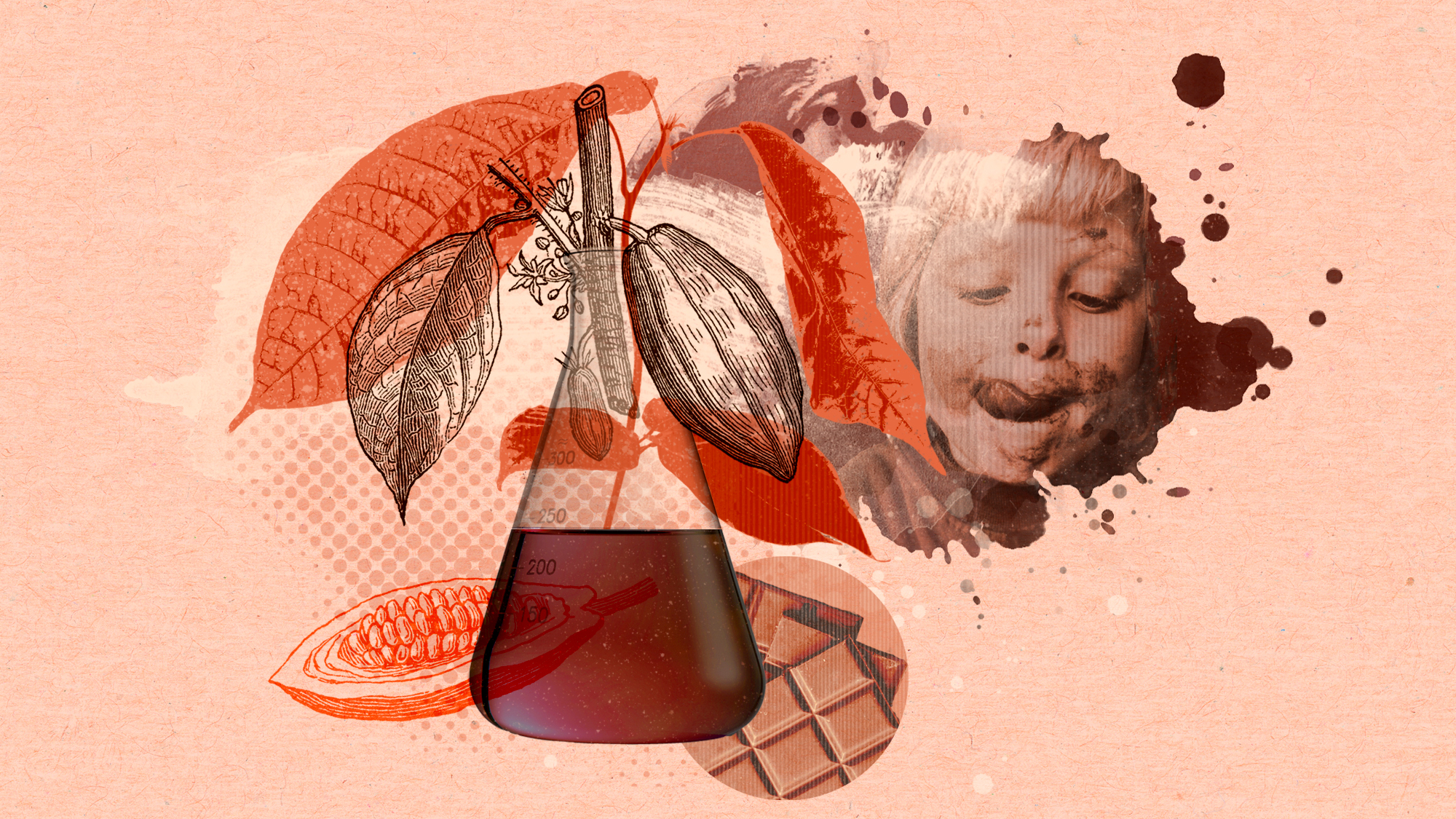
A free daily email with the biggest news stories of the day – and the best features from TheWeek.com
You are now subscribed
Your newsletter sign-up was successful
The world's insatiable love of chocolate is facing a challenge as climate change threatens the rainforests where cocoa beans grow, but don't panic yet because scientists may have found a sweet solution.
Lab-grown chocolate is providing a "glimmer of hope" for "chocolate aficionados", said The Mirror, and industry figures believe the products could be both healthier and tastier than conventional chocolate.
Petri dish intrigue
"The idea of chocolate being created in a petri dish is intriguing", said Good Food on KCRW. Lab-grown chocolate is created through a procedure called cellular agriculture, where cocoa bean cells are cultured in a vat of sugary water, similar to how plant cells are cultivated, and then processed to produce a chocolate product.
The Week
Escape your echo chamber. Get the facts behind the news, plus analysis from multiple perspectives.

Sign up for The Week's Free Newsletters
From our morning news briefing to a weekly Good News Newsletter, get the best of The Week delivered directly to your inbox.
From our morning news briefing to a weekly Good News Newsletter, get the best of The Week delivered directly to your inbox.
The process means the cells can multiply swiftly and mature within a week, in contrast to the six to eight months usually required for a conventional cocoa crop, and it's hoped that the finished products could rival traditional chocolate in several ways.
Cultured chocolate could be "even better than the tree-grown kind", Alan Perlstein, CEO of California Cultured, which cultivates cocoa cells in West Sacramento, in the US, told New Scientist, because it could have higher levels of chemicals such as polyphenols that "might have health benefits". It won't have contaminants such as "heavy metals taken up from the soil or pesticides sprayed on crops", but it might have a taste that "rivals anything on the market".
Industry meltdown
The development comes as the price of cocoa beans has quadrupled, so the "main appeal" of obtaining raw ingredients from vats not trees is the "potentially unlimited supply", said New Scientist.
The chocolate industry is "having a meltdown", said CNN in September, as crops in West Africa – which produces 80% of the world's cocoa – were "hit by droughts" made worse by climate change.
A free daily email with the biggest news stories of the day – and the best features from TheWeek.com
In response to the issues, some plants "stopped or scaled down" production, while leading manufacturers "raised prices and cut sales estimates". Another problem is that cocoa is one of the "leading drivers" of illegal deforestation and there's also evidence of child labour and slavery in cocoa farms in Africa and Brazil.
While demand for chocolate has risen in recent years, "supply has been falling", said New Scientist, which means that "every chocolate company is desperate", said Perlstein, of California Cultured, which hopes to have its products on the market within months.
Chocolate is just part of a wider trend of lab-grown food, which could be sold in the UK within two years, as the Food Standards Agency looks at how it can "speed up the approval process" for such products, said the BBC.
Chas Newkey-Burden has been part of The Week Digital team for more than a decade and a journalist for 25 years, starting out on the irreverent football weekly 90 Minutes, before moving to lifestyle magazines Loaded and Attitude. He was a columnist for The Big Issue and landed a world exclusive with David Beckham that became the weekly magazine’s bestselling issue. He now writes regularly for The Guardian, The Telegraph, The Independent, Metro, FourFourTwo and the i new site. He is also the author of a number of non-fiction books.
-
 What is the endgame in the DHS shutdown?
What is the endgame in the DHS shutdown?Today’s Big Question Democrats want to rein in ICE’s immigration crackdown
-
 ‘Poor time management isn’t just an inconvenience’
‘Poor time management isn’t just an inconvenience’Instant Opinion Opinion, comment and editorials of the day
-
 Bad Bunny’s Super Bowl: A win for unity
Bad Bunny’s Super Bowl: A win for unityFeature The global superstar's halftime show was a celebration for everyone to enjoy
-
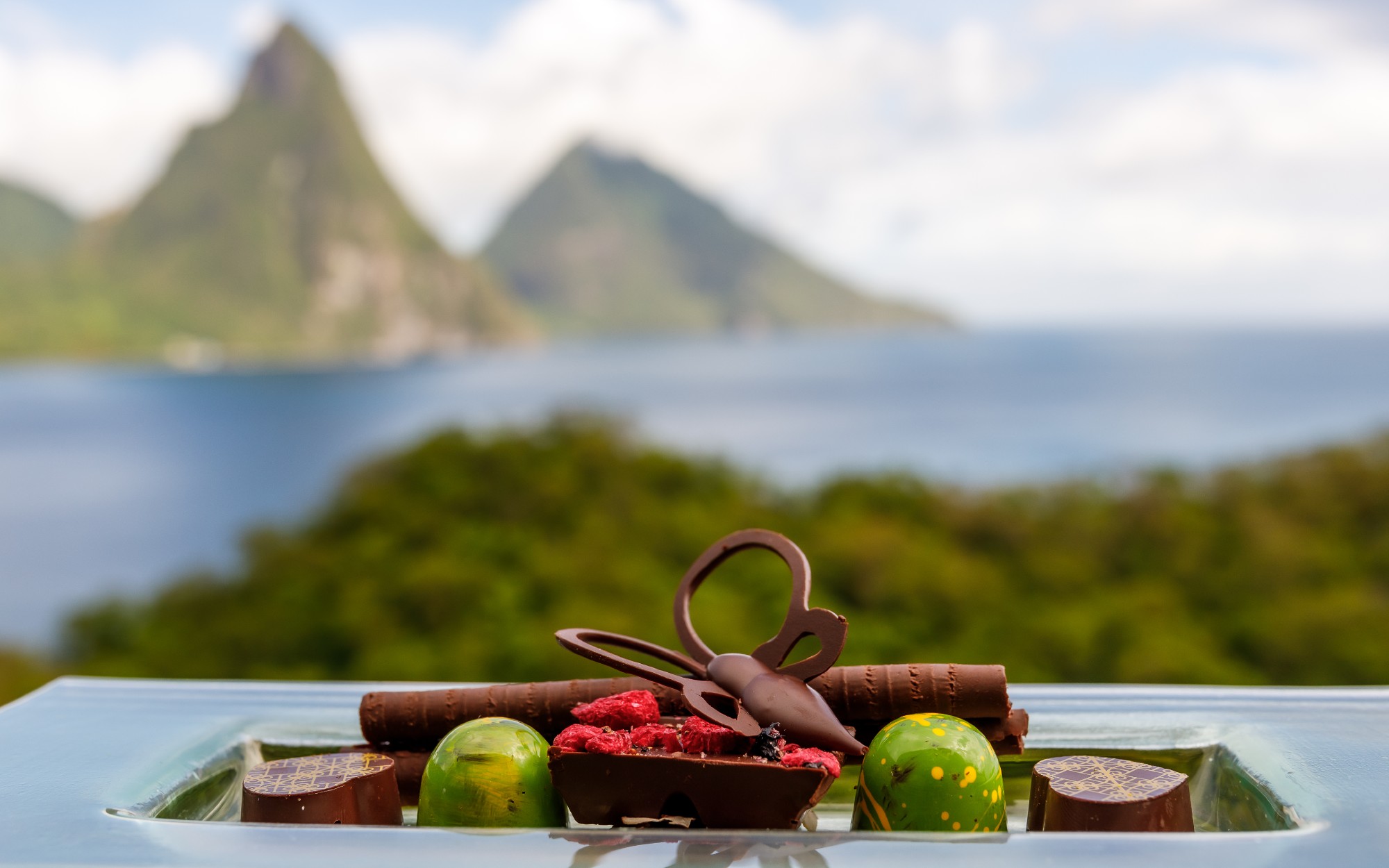 Love chocolate? Travel to these destinations to get your sweet fix
Love chocolate? Travel to these destinations to get your sweet fixThe Week Recommends Treat yourself with chocolate experiences, both internal and external
-
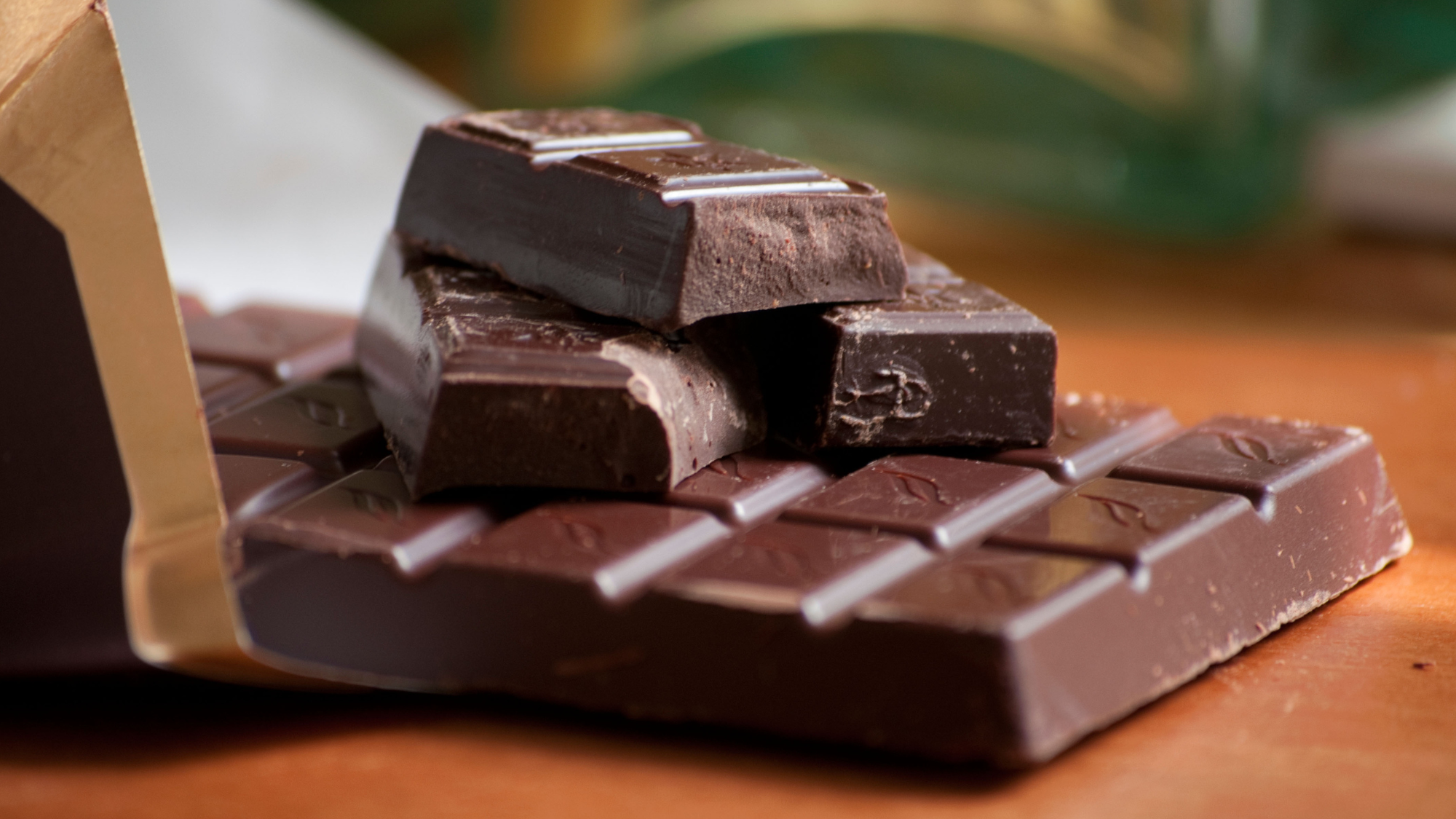 The best quality chocolate
The best quality chocolateThe Week Recommends The milk and dark chocolate bars that win on depth and flavour
-
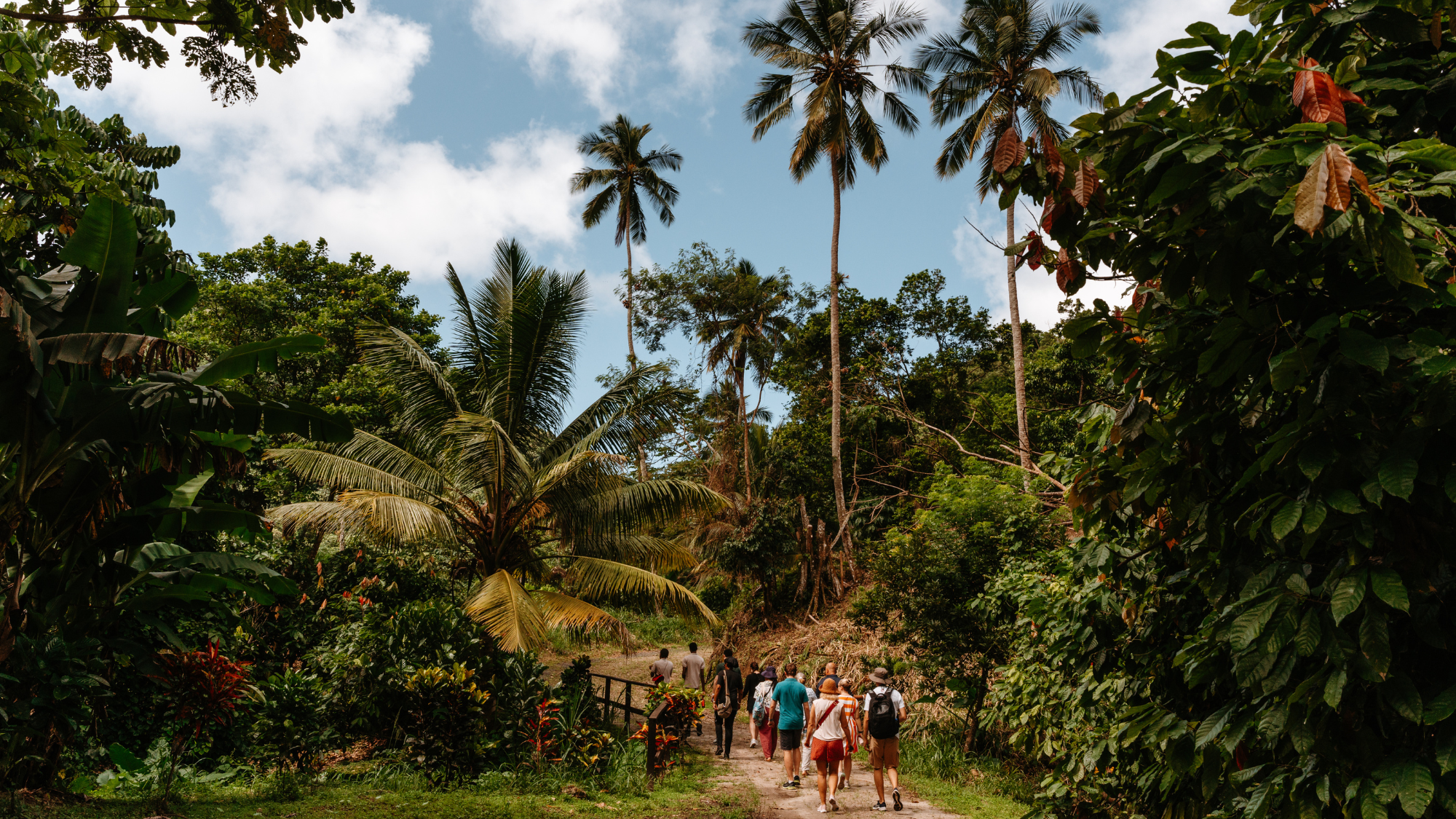 Saint Lucia: a haven for chocoholics
Saint Lucia: a haven for chocoholicsThe Week Recommends From cacao body wraps to chocolate-making classes, the Caribbean island offers an array of indulgent experiences
-
 David Attenborough at 99: a 'radical' voice for climate action
David Attenborough at 99: a 'radical' voice for climate actionIn The Spotlight In his new film 'Ocean', TV's best-known naturalist delivers his strongest message yet
-
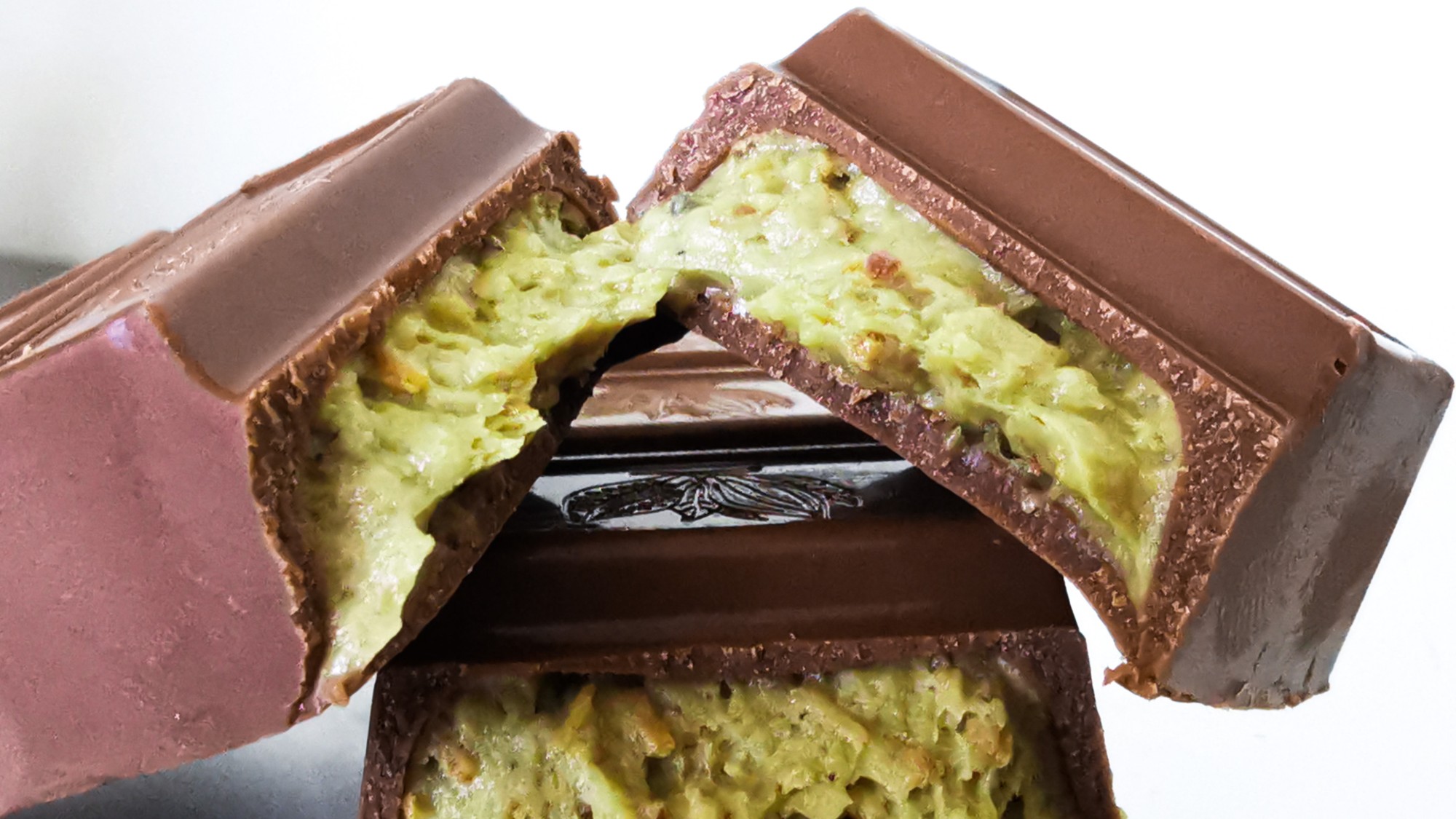 The bougie foods causing international shortages
The bougie foods causing international shortagesIn the Spotlight Pistachios join avocados and matcha on list of social media-driven crazes that put strain on supply chains and environment
-
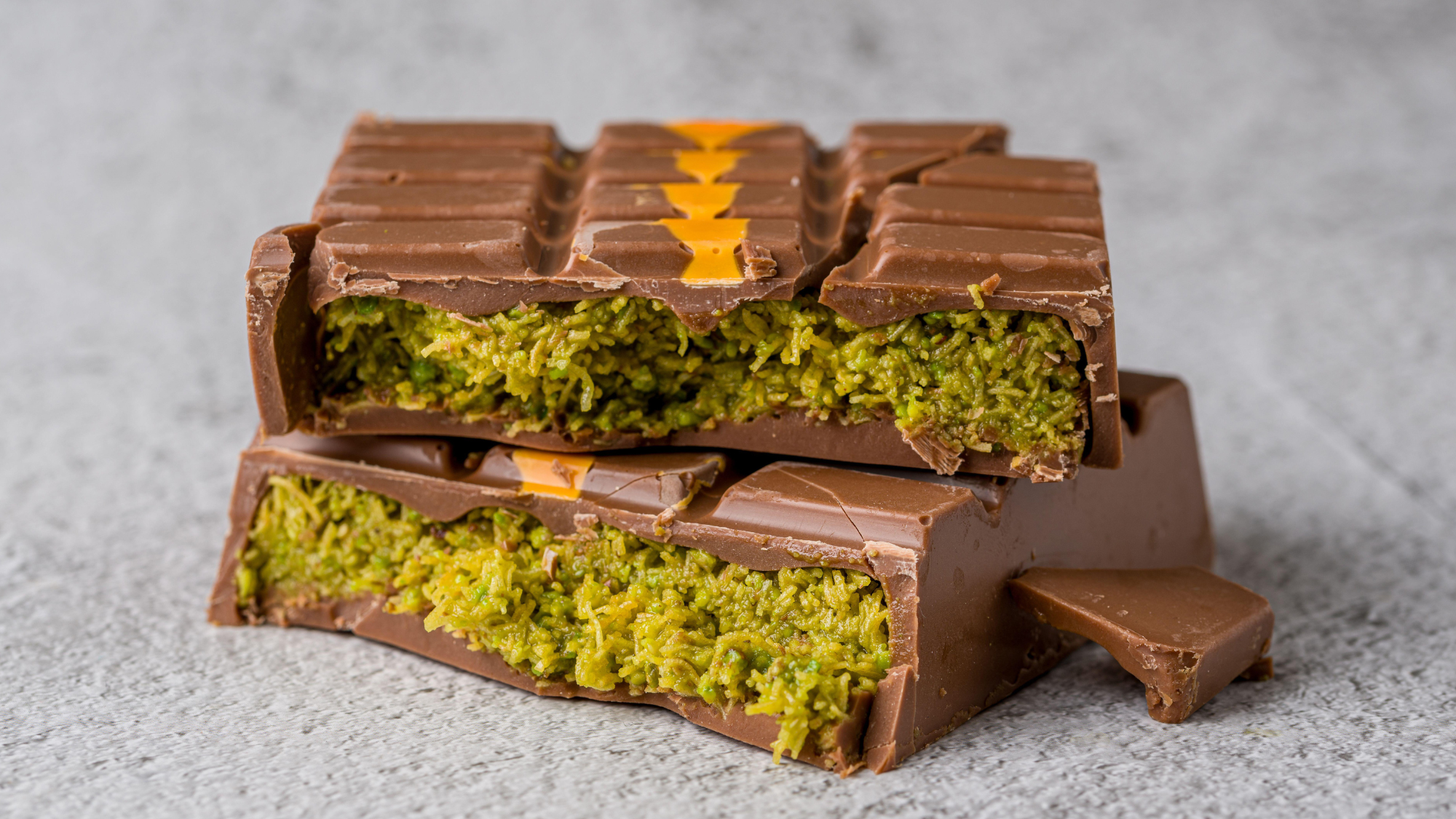 The best Dubai chocolate
The best Dubai chocolateThe Week Recommends The viral pistachio and filo chocolate bar has some delicious 'dupes' in UK supermarkets
-
 Kyoto: 'total thrill ride' explores pivotal climate change conference
Kyoto: 'total thrill ride' explores pivotal climate change conferenceThe Week Recommends Play centres on 'cut-throat diplomacy' surrounding the United Nations
-
 Versailles: Science and Splendour – a 'blockbuster' exploration of 18th-century innovation
Versailles: Science and Splendour – a 'blockbuster' exploration of 18th-century innovationThe Week Recommends The show highlights how three French monarchs were fascinated with scientific research